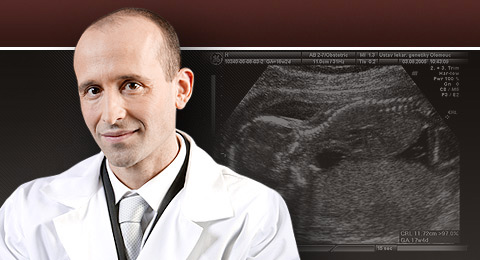Ľubušký M., Procházka M., Šimetka O. Holusková I.Doporučení k provádění prevence RhD aloimunizace u RhD negativních žen. Postgrad. Med. 2012, 14 (3), s. 288-289. (Guideline for prevention of RhD alloimmunization in RhD negative women)
ABSTRACT
Summary Lubusky, M., Studnickova, M., Prochazka, M, Simetka, O., Holuskova, I. Fetomaternal haemorrhage Fetomaternal haemorrhage is a condition in which fetal erythrocytes infiltrate maternal circulation. When the physiological barrier between the maternal and the fetal circulation is disrupted, the positive pressure gradient may cause fetal erythrocytes to pass into the maternal circulation. The most clinically significant event during which fetomaternal haemorrhage most often occurs is labor. The incompatibility of erythrocyte antigens between mother and fetus may, as aresult of fetomaternal haemorrhage, lead to the development of alloimmunization of the mother and maternal antibodies may cause hemolytic disease of the fetus and newborn. For this reason, in situations where there is a risk of fetomaternal haemorrhage by RhD positive erythrocytes, prevention of RhD alloimmunization is performed by administering anti-D immunoglobulin to RhD negative women. Excessive fetomaternal haemorrhage may put the fetus and newborn at risk of anemia. Keywords fetomaternal haemorrhage • red cell alloimmunization • haemolytic disease • anti-D immunoglobulin

Contact
Professor Marek Lubusky, MD, PhD, MHA
THE FETAL MEDICINE CENTRE
Department of Obstetrics and Gynecology
Palacky University Olomouc, Faculty of Medicine and Dentistry
University Hospital Olomouc
Zdravotníků 248/7, 779 00 Olomouc, Czech Republic
Tel: +420 585 852 785
Mobil: +420 606 220 644
E-mail: marek@lubusky.com
Web: www.lubusky.com


